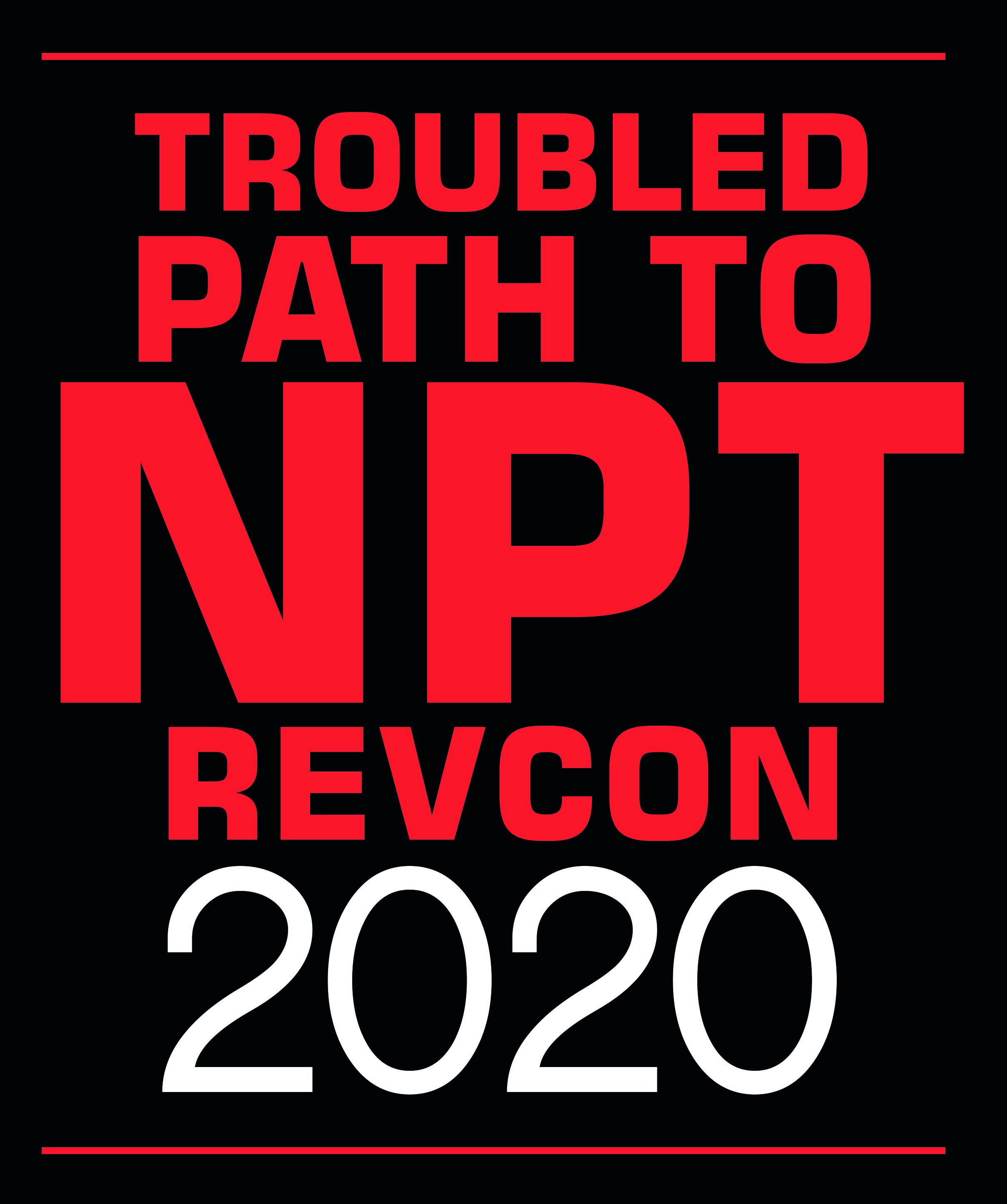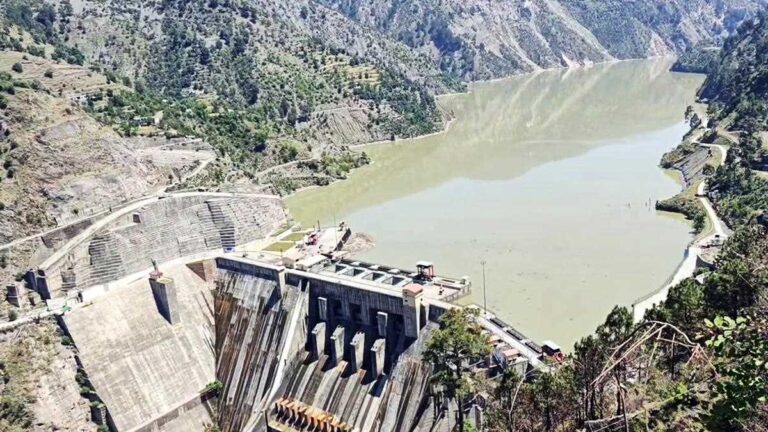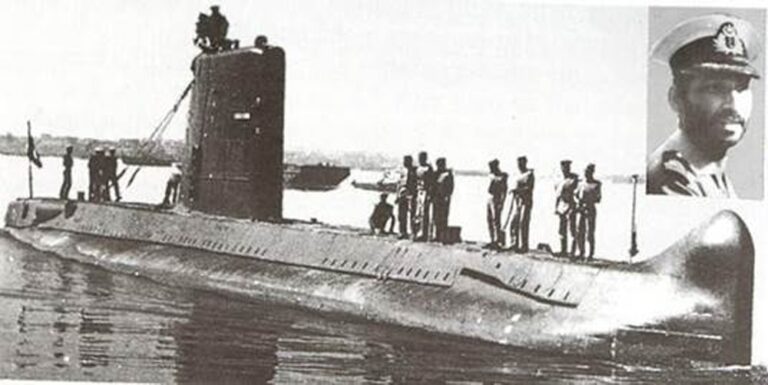
Sitara Noor
The NPT PrepCom 2019 concluded on May 10 after two weeks of deliberations on nonproliferation challenges, aiming to pave the way for the NPT Review Conference (RevCon) in 2020. The PrepCom ended without adopting consensus recommendations as states parties failed to reach an agreement on the second draft recommendations, exposing growing polarization within the NPT community. Previously, the 2015 RevCon had failed due to lack of consensus and a growing frustration among states parties over failure of nuclear weapon states (NWS) to move forward on disarmament pledges and keep their side of the bargain. While this failure should have served as a wakeup call, the global nonproliferation norms have only been declining since then. Despite the optimism displayed by the president-designate of the 2020 Review Conference, Rafael Mariono Grossi of Argentina at the end of the conference, the discussions and differences during the two weeks of PrepCom 2019 indicated growing challenges for the next few months leading up to the NPT RevCon in 2020.
Following are some of those challenges that are bound to impact the result of the NPT RevCon, if remained unresolved.
- First and foremost, the collapse of U.S-Russian cooperation on bilateral non-proliferation issues is setting all the wrong precedents. President Trump’s decision to pull out of Intermediate-Range Nuclear Forces (INF) Treaty in 2019 ended decades-old agreement to eliminate an entire class of nuclear delivery systems. It not only increased the risk of a new Cold War between U.S. and Russia, but also indicated a probable failure to start negotiations to renew Strategic Arms Reduction Treaty (START) that is expiring in 2021. The START agreement has been a successful tool in significantly capping each side’s strategic deployed arsenals to no more than 1,550 warheads and 700 strategic delivery systems. Failure to start negotiations to renew the treaty would not only put a serious blow to the global disarmament and nonproliferation efforts, growing dissent between the U.S. and Russia will significantly reduce the cooperative environment among nuclear weapon states at the NPT RevCon. In addition, new U.S. intelligence reports are alleging that Russia is conducting very low yield nuclear tests to advance its nuclear weapons. Despite strong Russian denial, such allegations run the risk of reversing existing nonproliferation achievements as U.S. may use it as an excuse to further delay CTBT ratification or even worse, withdraw its signature from the test ban treaty, leading to escalation of tensions and adding to the existing nonproliferation challenges.
- The issue of the Middle East Nuclear Weapon Free Zone/Weapons of Mass Destruction Free Zone (NWFZ) was one of the primary reasons that led to the failure of 2015 RevCon when the U.S., the UK and Canada blocked consensus on the final document due to language on the Middle East. Lingering since 1995 NPT Review and Extension Conference, the issue of WMD Free Zone in Middle East continued to stir heated debates during the recent PrepCom sessions and likely to affect the RevCon in 2020. While Russia agreed to follow-up on the issue, the U.S. has already refused to attend the UN conference in upcoming November to discuss this matter. Failure to at least set the ground for negotiations prior to the RevCon, is bound to impact the overall environment of the conference.
- Iran and North Korean nuclear crisis following the U.S. rejection of the JCPOA and imposition of sanctions is likely to worsen in the coming months. During the NPT PrepCom 2019, despite European Union’s unequivocal support to the JCPOA, the issue led to heated exchanges between Iran and the U.S. officials. Iran has given a 60 days ultimatum to other parties to the JCPOA (France, Germany, the United Kingdom, the European Union, Russia and China) to prevent American sanctions on Iranian oil sales and banking transactions. In case of failure, Iran has threatened to not only end its commitments under the JCPOA, but according to some media reports also the NPT.
- North Korea is the only country that withdrew from the NPT in order to resume its nuclear weapon programme and continues to challenge the efficacy of this nuclear agreement. Although the states parties are unanimous in their condemnation of the DPRK, their inability to engage the Korean leadership in a meaningful dialogue for nuclear disarmament, exposes the weakness of the treaty. Inability of the international community to reach a breakthrough to contain North Korea before the NPT RevCon 2020 that coincides with the 75th anniversary of nuclear bombing on Japanese cities Hiroshima and Nagasaki, may add up to the challenges and further weaken the nonproliferation regime.
While NPT is celebrated as a successful treaty in containing the spread of nuclear weapons, it certainly stands at a crossroad on its 50th anniversary due to the challenges it faces. Frustration to deal with those challenges gave impetus to the humanitarian initiative and conclusion of the ban treaty by an overwhelming number of states. Although the ban treaty is touted as a complementary arrangement to enhance the NPT agenda, the very need to create a separate treaty for nuclear disarmament indicates the failure of NWS to fulfil their commitments. In this regard, the NPT RevCon 2020 will be decisive in determining future trajectory of the nonproliferation treaty.
Sitara Noor is an independent consultant based in Islamabad.This article was originally published in STRAFASIA, an online publication on strategic and foreign affairs, and is being republished with permission.






